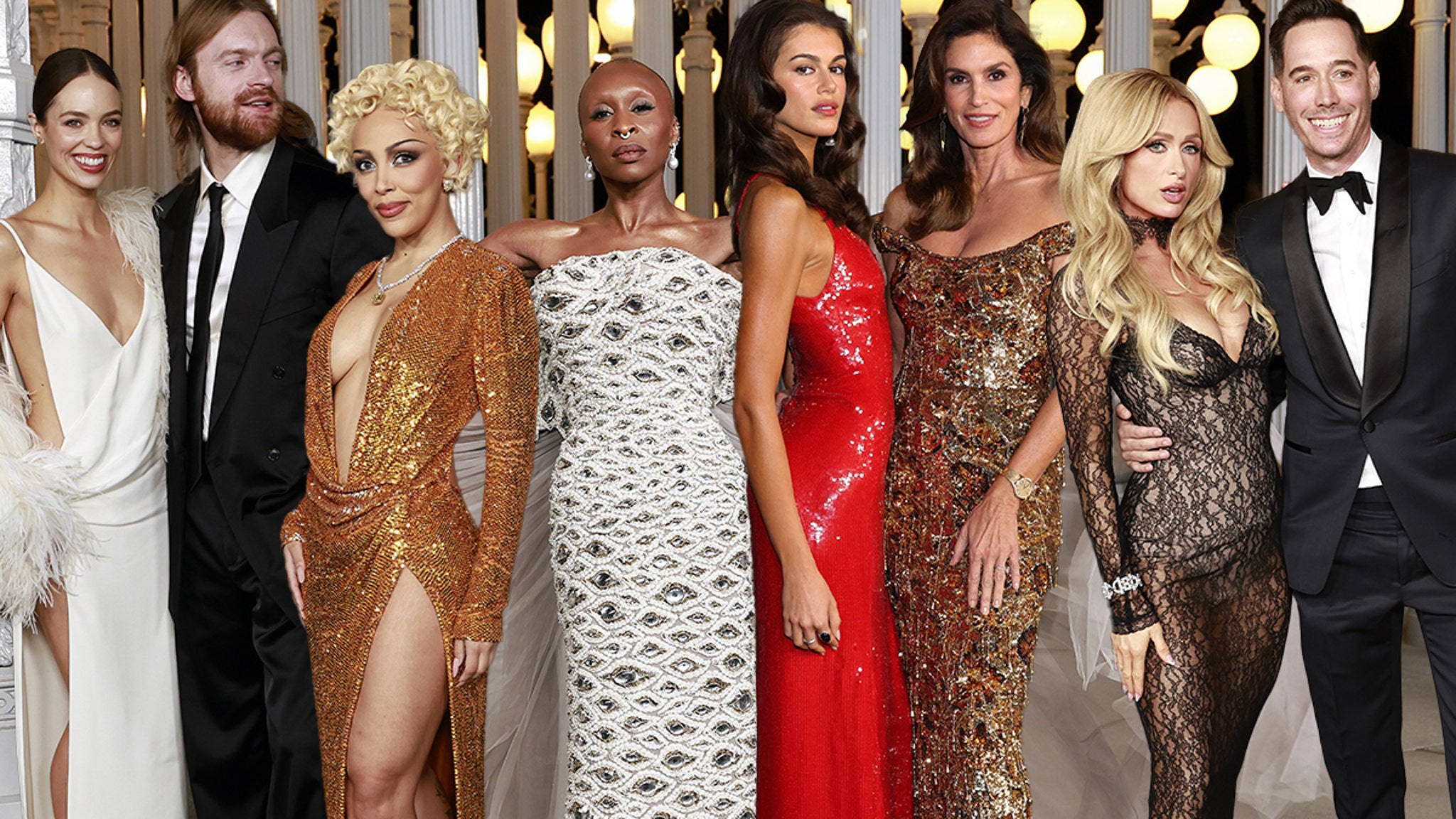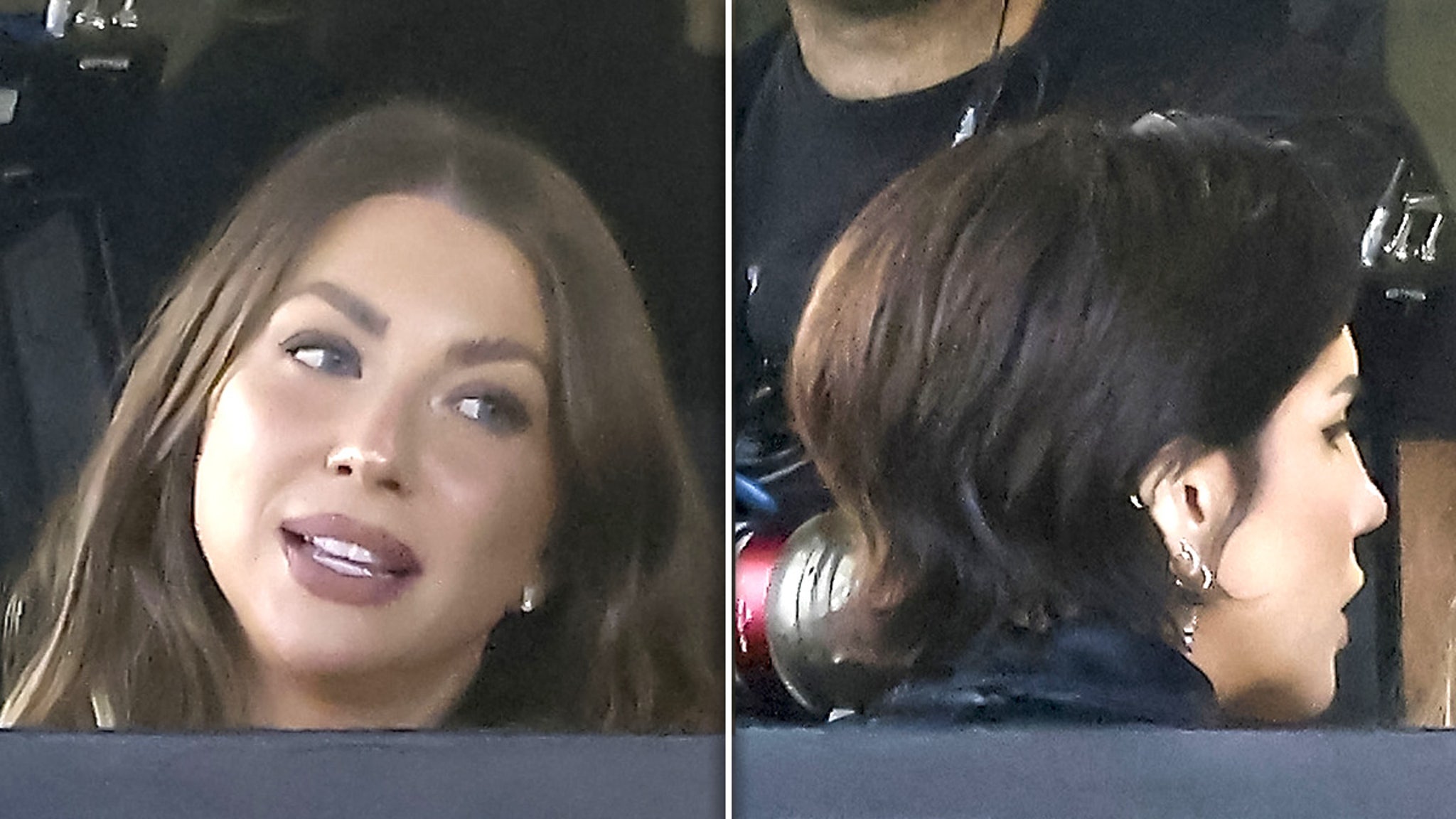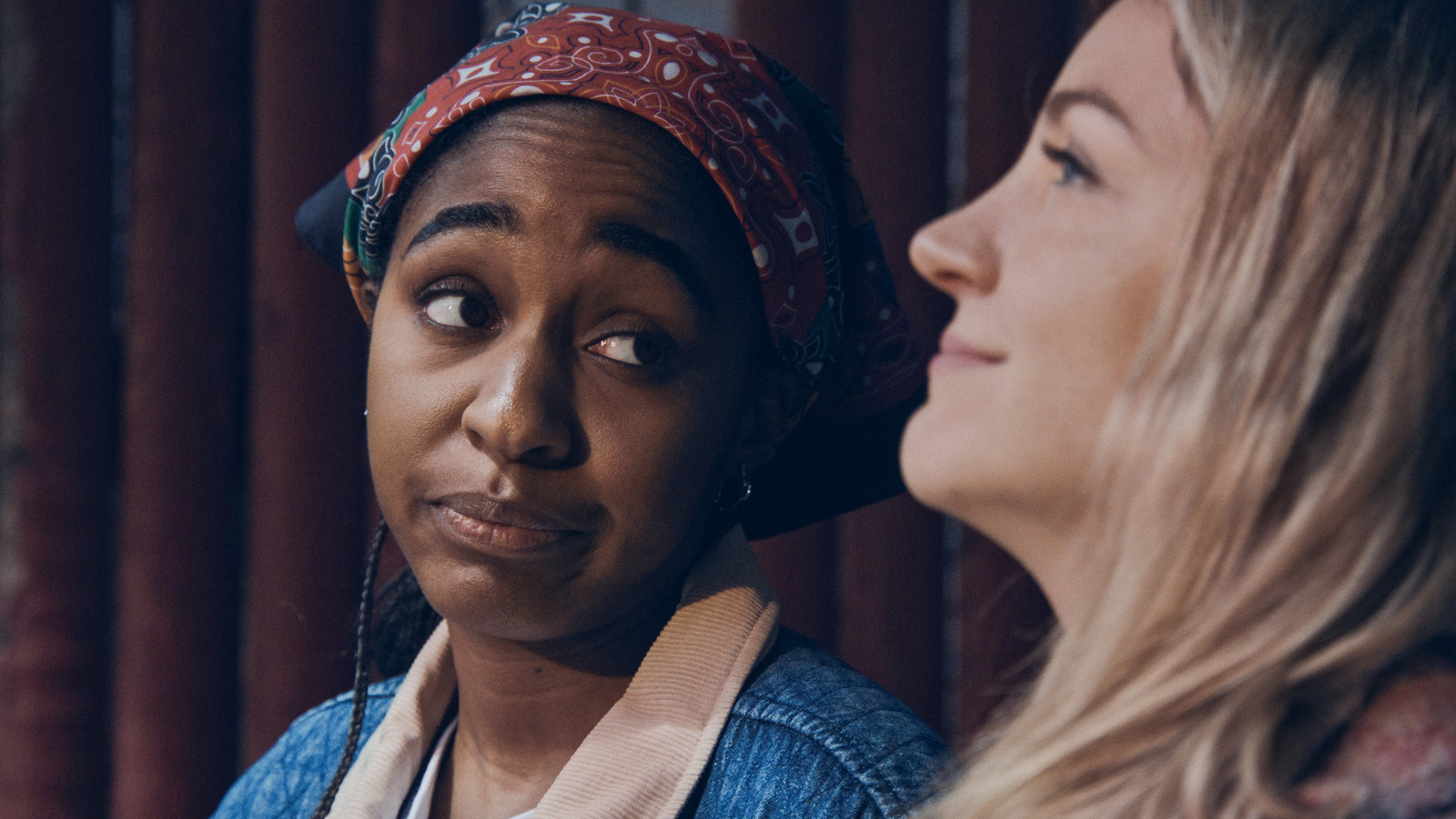The record executives had gathered in the back corner of an exclusive private club, sipping from crystal highball glasses, each with a large square ice cube. A bottle of 40-year-old Macallan, already two-thirds empty, sat on the table.
“Artists are so difficult,” the Brit complained. “They’re finicky, unreliable, and refuse to believe that creativity should be something that turns on like a light switch. I mean, how hard can it be?
The petite woman from Seoul in charge of most of the music market in East Asia spoke next. “It’s true,” she said, “And they’re always whining about being mistreated. ‘Streaming doesn’t pay’ and ‘I need more money.’ I never want to hear anyone on my label complain about having to post things on social media every day. I mean, how hard is it to go viral with every post?”
The Sao Paulo man rubbed the bridge of his nose. “And the fans! They’re so unpredictable — and ungrateful when it comes to the music we give them. Can’t they just consume and shut up?”
There were a few moments of silence before the American stood up. “Ladies and gentlemen, those were the bad old days. Thanks to artificial intelligence, we are now in complete control of ALL the music.” He raised his glass and everyone stood up.
“Congratulations, everyone! We have finally managed to take the artist out of art!”
They clinked their glasses so hard that two of them cracked.
More on Entertainment
More videos
A far-fetched dystopian view of the music of the future? Or the shape of things to come? I’d vote for the latter.
If you watch the music charts, you may have noticed the debut of someone named Xania Monet on the American Billboard Radio Airplay Chart. She does not exist. She — it — became the first AI creation to chart. I quote from the press release:
“The announcement follows a string of impressive accomplishments for the virtual songstress, who has quickly become one of the most talked-about names in the emerging AI music space. The historic milestone marks a defining moment for the intersection of technology and creativity, proving that digital artistry can achieve mainstream success alongside traditional talent.
“On social media, Xania continues to gain traction with a fast-growing following and strong engagement across platforms. Her visuals, storytelling, and evolving persona have sparked widespread discussion about the role of AI in music — not just as a tool, but as a creative collaborator. Earlier this year, Xania secured a reported $3 million deal with Hallwood Media, further establishing her as one of the most valuable and visible AI artists to date.
“Beyond her musical success, Xania’s rise represents a shift in how audiences connect with creators. Her presence on the Billboard Airplay Chart challenges long-held ideas about authenticity in music, while her massive online following underscores a new kind of fan relationship — one built around curiosity, creativity, and cultural conversation.”

Get daily National news
Get the day’s top news, political, economic, and current affairs headlines, delivered to your inbox once a day.
Again, Xania only exists as soulless binary code. She doesn’t need food, water, or sleep. She’ll never complain, get sick, or die of a drug overdose. She will do whatever she is told to do with zero pushback. And she’s making money for her creators while taking attention away from real artists.
Expect more of this sort of thing. Last week, Universal Music, the world’s biggest major label, announced a landmark deal with Udio, an AI company with a program that creates full songs from text prompts. Universal had launched a lawsuit against Udio, claiming that the company was scraping copyrighted material for the training of their AI models with asking for permission or paying anyone from the privilege. Now they’re on the same side, revealing a joint venture where they’ll launch “music creation, consumption and streaming” service sometime in 2026.
Further down in the announcement, there’s this: “In addition to the compensatory legal settlement, the new license agreements for recorded music and publishing will provide further revenue opportunities for UMG artists and songwriters.” Those copyright infringement charges? Dropped. Gone. Poof.
And there it is: The world’s largest record company will soon offer its artist to an AI company so that it can crank out more non-existent singers like Xania Monet. They claim that artists used in this training will be compensated, but what they’re actually doing is giving human-created art to a robot that may eventually make human artists endangered if not extinct.

Udio is not alone. What does this mean for Suno and other generative AI music platforms who are also being sued by labels, Universal among them? Will other labels follow what appears to be a template created by Universal and Udio? What does this “licensing” look like? Which artists will opt in and who will chose not to?
Will publishers choose not to participate? If they do, will they need consent from their artists? Performing rights organizations, including Canada’s SOCAN, announced last week they’re all-for-one-and-one-for all when it comes to accepting registrations of partially AI-generated music.
Trending Now

SNAP benefits cut off during shutdown, driving long lines at food pantries

Dodgers players and manager appreciate Blue Jays’ tribute to L.A. reliever Alex Vesia
In other words, they’re preparing for the onslaught creators who will use AI as a tool in music-making. Hey, Xania may be a fake, but she — it — has to be paid. Or at least the people being her do.
So many questions.
What of music fans? The vast majority of surveys and studies I’ve seen echo this one where fans say human creativity is essential in the time of AI. Here’s a Canadian music industry study from two years ago that uncovered something similar.
But 0ther studies (like this one) are comparing the emotional impact of AI-generated vs. human-composed music and learning something very different. Researchers in Argentina had 88 subjects watch music videos from both humans (“human-created music,” or HCM) and AI-generated music built from prompts of varying sophistication.
Using biometric data such as pupil dilation, they found that there was little difference in reactions to HCM and AI-generated. I quote: “Participants found AI-generated music more arousing that HCM, while HCM was perceived as more familiar than both AI conditions.”
This is music (so to speak) to the ears of those who want to follow the AI path of music making.
And make no mistake. Attitudes toward AI-generated music are already changing, and fan engagement is being shaped by AI. And don’t be surprised if you hear more about the ELIZA effect. This is a psychological situation where those who co-exist with AI entities — chatbots, AI assistants, AI agents — become emotionally attached to those unreal “personalities.” This will only intensify as more people turn to AI for casual interactions, self-help therapy, romance, and sex chats. Getting emotionally involved with an AI music entity will be easy.
Musicians already have it rough and are feeling really, really cheated. Let me paraphrase something from a musician I saw on Threads the other day addressing the rise of easy-to-use AI-generated music: “I spent years learning to play an instrument, and honing my craft on stage and in the studio. You typed a few words into your phone. We are not the same.”
AI is already on its way to destroying musicians and the music business. Think of the implications for the sales of musical instruments, the existence of recording studios, people who teach music for a living at all levels. A whole class of creatives could be wiped out as something as human as music is handed over to machines.
My favourite take on AI and music is this: “I want AI to do my laundry so I have more time for making art.” We’re already there. Why not go in that direction instead?









